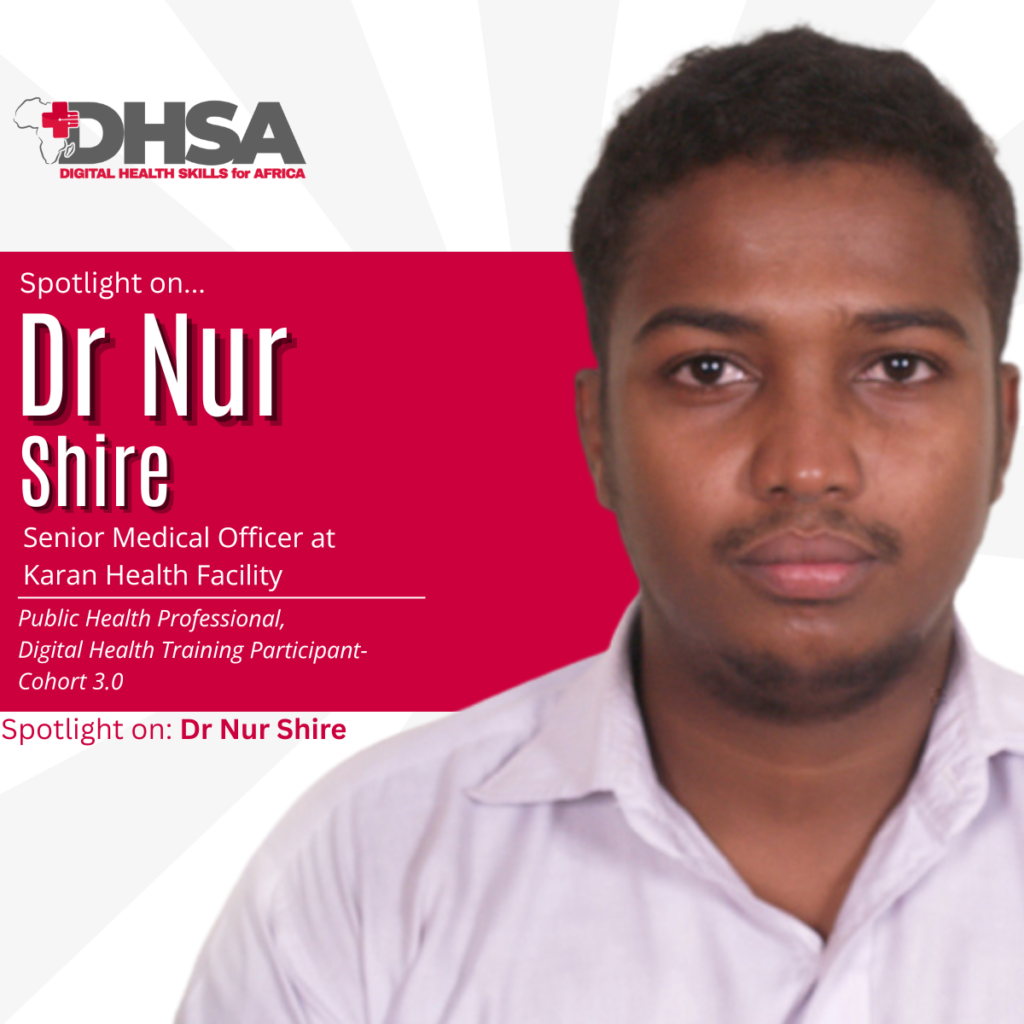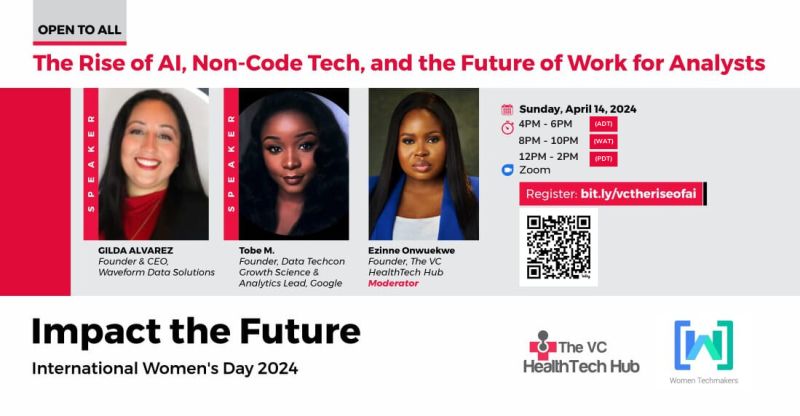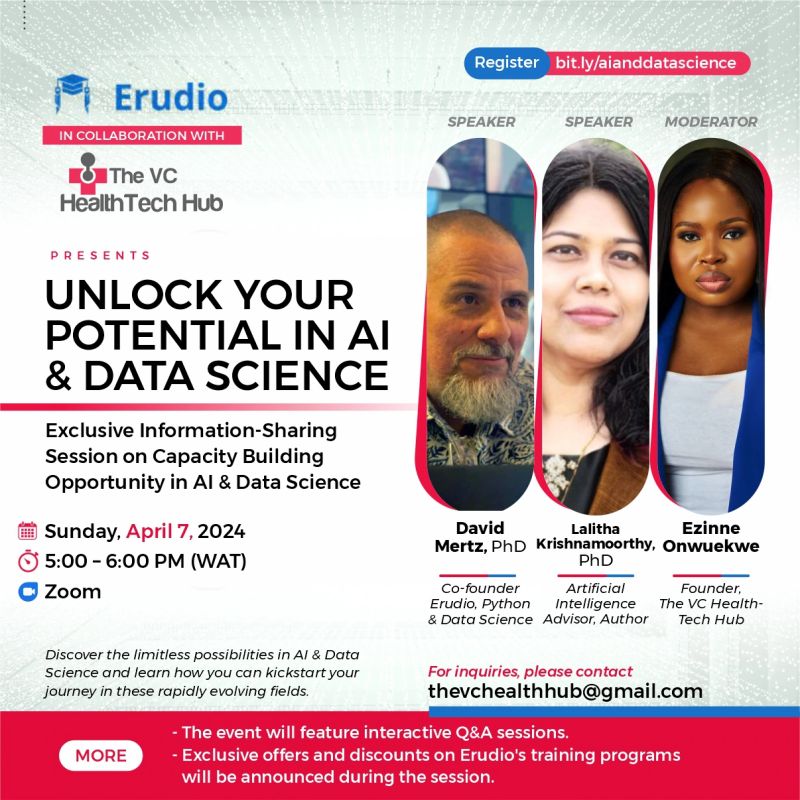
Meet Dr. Nur Mohamud Shire, a dedicated public health professional and Senior Medical Officer at Karan Health Facility in Mogadishu, Somalia. With over seven years of clinical and programmatic experience, Dr. Shire has become a respected figure in advancing maternal, pediatric, and community-based healthcare across Somalia.
His academic journey is a testament to his commitment to learning and impact. He holds a Master of Public Health (MPH) from Kampala University, where his research focused on postnatal care utilization, and a postgraduate specialization in Pediatric and Child Health from Benadir University, with a thesis exploring malnutrition in infants. Additionally, Dr. Shire earned his MBBS from Liaquat University of Medical and Health Sciences in Pakistan and holds a Higher Diploma in Community Health from AMREF Health Africa, providing him with a strong foundation in both clinical care and community health systems.
Throughout his career, Dr. Shire has contributed to several high-impact public health initiatives, including the International Rescue Committee’s “Combined Protocol” study on acute malnutrition, and nationwide immunization campaigns with WHO and UNICEF, delivering essential vaccines and health services to thousands of children under five in Somalia.
Stay with us as we explore his inspiring journey, remarkable achievements, and insightful perspectives on digital health in Somalia, along with his vision for advancing maternal and child healthcare across Africa in this exclusive interview.
1. Please tell us a bit about yourself and your background in healthcare or digital health?
I am a public health professional with over seven years of experience in healthcare delivery, project management, and humanitarian response, with a strong focus on maternal and child health, emergency care, and health systems strengthening. In my current role as Senior Medical Officer, I lead multi-sectoral interventions in crisis-affected settings, combining clinical expertise with technical oversight.
I hold a Master of Public Health and a Master’s in Pediatric and Child Health, which have equipped me with a solid grounding in epidemiology, program design, and health information systems. I have worked in close collaboration with global partners such as WHO, UNICEF, and national Ministries of Health to deliver data-driven health solutions and improve frontline service delivery.
My interest in digital health is driven by its power to close access gaps and enhance care for underserved communities. I have contributed to projects involving electronic data collection, digital monitoring, and mobile platforms to support immunization and community outreach. I am passionate about utilizing technology to improve decision-making, build stronger, and more equitable health systems.
2. What are your perspectives on the state of Digital Health in your country?
While digital health in Somalia is still in its early stages, meaningful progress in areas like surveillance, policy development, and connectivity offers a strong foundation for growth. Realizing its full potential will require sustained investment, strategic coordination, and continued focus on capacity-building, interoperability, and data protection. With the right leadership and partnerships, digital health can significantly improve healthcare delivery and outcomes across the country.
3. What motivated you to apply for the DHSA Digital Health training Cohort 3.0?
My motivation to join the DHSA Digital Health Training Cohort 3.0 comes from a deep commitment to using technology to strengthen health systems in under-resourced settings. With over seven years of experience in maternal and child health, emergency response, and program coordination, I have seen the impact digital tools can have in improving access, data use, and decision-making.
At the same time, I’m aware of the barriers limited digital literacy, fragmented systems, and infrastructure gaps that hinder progress. To contribute meaningfully to digital health advancement in Somalia, I’m eager to build my skills in data governance, digital strategy, and implementation. DHSA’s practical, context-specific training offers the ideal platform to deepen my technical expertise and apply it directly to my work.
Joining Cohort 3.0 also means learning from a community of peers across Africa who share similar challenges and aspirations. I look forward to contributing to and learning from this network, and to playing a more active role in shaping sustainable, equitable digital health solutions in my country.
4. How has the cohort-based approach (networking, mentorship, and peer learning) shaped your learning experience?
The cohort-based approach has profoundly shaped my learning by creating a collaborative and supportive environment that fosters both technical growth and personal development. Engaging with a diverse group of peers has broadened my perspective on digital health challenges and solutions across various contexts, while encouraging critical reflection on my own practices.
Mentorship has been especially valuable, offering practical guidance from experienced professionals and helping me build confidence in applying digital health strategies in real-world settings. The opportunity to learn alongside and from others has deepened my understanding of regional health systems and strengthened my professional network.
Overall, this model transformed learning into a shared journey rooted in dialogue, connection, and collective problem solving. It has reinforced my belief that building strong, adaptive leaders in digital health requires not only technical knowledge, but also community and collaboration.
5. Can you share your take on Digital Health capacity building in Africa?
Digital health capacity building in Africa is not just a priority, it is foundational to strengthening health systems and improving health outcomes. As the continent faces persistent challenges such as workforce shortages, limited infrastructure, and high disease burdens, digital solutions offer practical tools to expand access, enhance service delivery, and improve data-driven decision-making.
However, the success of these innovations depends on investing in people, not just technology. Building the skills of health professionals, data managers, policymakers, and technologists is essential to ensure digital tools are sustainable, context-appropriate, and effectively used.
Encouraging steps are underway, including initiatives like the DHSA Academy, national digital health strategies, and regional collaborations through Smart Africa and Africa CDC. Yet, critical gaps remain in technical training, leadership, digital literacy, and cross-sector collaboration.
To drive meaningful progress, capacity-building efforts must be locally driven, inclusive, and continuous. They should prioritize mentorship, integrate digital health into education systems, and empower local leaders especially women and youth to shape and lead the digital transformation of health. In essence, building digital health capacity is not optional, it is the engine for equitable, resilient, and sustainable health systems in Africa.
6. Can you share a specific skill or knowledge area you’ve gained from the training that you’ve already started applying in your work?
One key skill I’ve gained from the training and have already applied in my work is digital health solution mapping and stakeholder alignment. The program deepened my ability to assess existing tools, identify gaps, and align interventions with national strategies and user needs.
In my current role, I used this approach to support an immunization outreach program. By mapping digital tools like electronic registries and mobile reporting platforms, we identified data flow inefficiencies between health facilities and district offices. This informed targeted improvements and strengthened coordination with government and implementing partners.
The training’s emphasis on interoperability, user centered design, and governance has enhanced our planning processes, resulting in better data quality and stronger stakeholder engagement. This practical application reinforced the value of structured digital health frameworks in real world settings.
7. How do you see digital health shaping your career trajectory, and what are your next steps after completing the training?
Digital health is central to how I envision the next stage of my career. With a background in public health and program management, I’ve seen the potential of digital solutions to strengthen health systems, improve service delivery, and promote equity particularly in resource-limited settings. This training has sharpened my understanding of how data, technology, and strategy converge to enable more responsive and sustainable interventions.
Moving forward, I aim to transition into roles at the intersection of public health and technology such as Digital Health Program Manager or Health Information Systems Advisor where I can help design, implement, and scale digital innovations in areas like immunization, maternal and child health, and emergency response.
My next steps include:
- Applying digital tools and frameworks from the training in my current projects;
- Pursuing targeted learning in governance, data analytics, and interoperability;
- Collaborating more closely with national stakeholders to align digital initiatives with health system priorities;
- Participating in professional networks to stay current and exchange best practices.
Ultimately, I see digital health not only as a technical solution, but as a strategic lever for achieving more equitable and effective healthcare and I am committed to advancing that mission.
8. If you could implement one digital health solution in your community or workplace today, what would it be and why?
If I could implement one digital health solution in my community today, it would be a mobile-based electronic health information system designed to support real-time data collection, patient tracking, and service delivery monitoring specifically for maternal and child health.
In many areas where I work, service delivery is hampered by fragmented data systems, delayed reporting, and reliance on paper-based tools. These limitations compromise continuity of care, especially for services like antenatal visits, immunization, and child growth monitoring.
A locally adapted mHealth platform operable offline and accessible to frontline health workers could address these gaps. It would enable patient registration, follow-up scheduling, SMS reminders, and provide supervisors with real-time dashboards for better oversight and planning.
Such a system would improve data quality, enhance accountability, and bring services closer to underserved communities. More importantly, it would strengthen trust in the health system and ensure that no mother or child is left behind due to avoidable information gaps.
9. What advice would you give to healthcare professionals and/or students considering a career in digital health?
My advice to healthcare professionals and students considering a career in digital health is to see it not just as a technical field, but as a powerful driver of health equity and systems transformation. Digital health is about rethinking how care is delivered, how data informs decisions, and how services reach even the most underserved communities.
Start by grounding yourself in public health or clinical practice, then build complementary skills in digital literacy, data management, and health information systems. You don’t need to be a software developer, but you do need to understand how technology can solve health system challenges and meet user needs.
Collaboration is key digital health thrives at the intersection of disciplines. Learn to work effectively across sectors, and strengthen skills in communication, adaptability, and systems thinking.
Stay focused on the people you serve. The most impactful digital solutions are co-designed with frontline workers and communities, not imposed on them. Empathy, cultural understanding, and a commitment to equity are essential.
Finally, remain curious and committed to continuous learning. Engage in communities of practice, pursue relevant training, and stay current with global frameworks and national strategies.
In short, digital health offers a unique opportunity to make a lasting impact and it needs dedicated professionals ready to lead that change.
10. Could you describe the DHSA Digital Health training in three words?
Enlightening. Actionable. Transformational or Impactful. EAT


